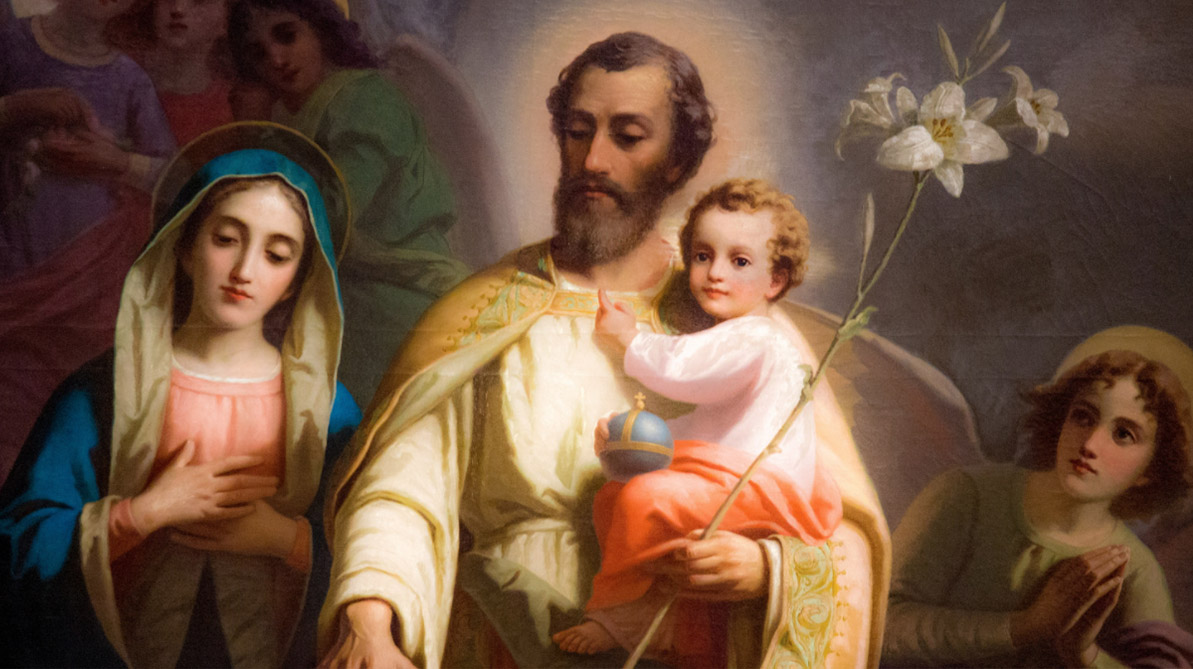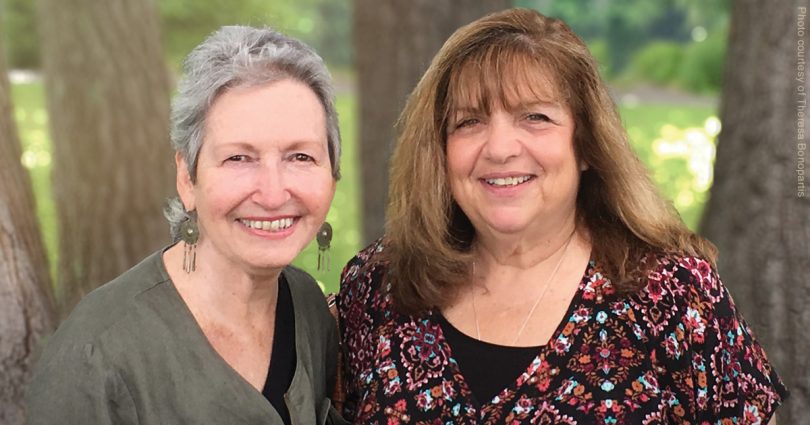By Laura Kizior
In a culture of life, we seek to protect all people, without regard to their physical appearance, mental capability, or socioeconomic background. Every human being is a gift from God and deserves respect. The culture of life works to prevent injustices like abortion and euthanasia, but also unfair treatment, such as bullying.
That’s why we created our lesson entitled All Shapes and Sizes. This lesson helps kids ages k-2 understand that the value and dignity of each human being exists because we were all made in the image and likeness of God. And it will teach them to show compassion to people of all abilities.
It can be easy to show compassion to someone who has a clearly recognizable physical disability. But what about someone who just seems odd or acts outside the social norm? Many people in our society suffer from intellectual disabilities. They might have abnormal fears or exaggerated reactions to the world around them, but that doesn’t make them any less human or any less deserving of our respect. Every human being deserves respect and dignity, no matter what their disabilities.
Dr. Temple Grandin grew up autistic during the 1950s when information about how to treat people with Autistic Spectrum Disorder was limited. Her mother was told that Temple should be institutionalized as a child and that she would never become a successful adult. But Temple’s mother refused to give up on her. Not only did Temple graduate from college, but she earned her masters and PhD in animal science. Her autistic quirks and photographic memory helped her to invent a better system for herding cattle. Today, Temple travels around the country speaking about autism and helping families find ways of teaching their children to adjust to everyday life and routine. She has written numerous books about understanding people with autism and has become a voice for those who cannot speak for themselves because of their disability.
We must always keep in mind that God creates all people, even those with disabilities, as a special gift to the world. Sometimes people on the autism spectrum possess incredible gifts and talents that would go unnoticed without the careful patience of their caregivers. Leslie Lemke was given up for adoption because of his severe health problems, including blindness, autism, and cerebral palsy. May Lemke and her husband took care of Leslie for many years, despite his unresponsiveness. One night, Joe and May Lemke awoke to the sound of music. Thinking they had left the television on, they went downstairs to find their adopted son playing a complicated piano concerto from memory. Shortly after, Leslie learned to speak. He now occasionally travels the world on concert tours. His musical repertoire spans over 7,000 musical pieces, including his own compositions.
Derek Paravicini is another autistic savant who uses his musical talents to reach people. In addition to playing concerts, Derek volunteers at a home for the elderly where he plays music for the residents. Listening to their favorite tunes sometimes helps the residents regain memories, if only for a brief moment. Despite his disability, Derek is able to touch other people’s lives in ways no one could have imagined.
People who have disabilities teach us that we must have compassion for all people even if they look different, act differently, or have extensive needs. Our society would have told Dr. Grandin’s, Leslie Lemke’s, and Derek Paravicini’s parents that their children would have little or no potential in their conditions. But each one of these people has changed society for the better in his/her own unique way. Their stories remind all of us that every human being is a gift and has a great purpose in this world. People with autism have difficult and atypical lives by our standards, but that doesn’t make them any less human or any less valuable to society.
Resources
Have you ever wondered what the world might be like for someone with ASD? Watch this animated video by the advocacy group Autism Speaks. This short, animated video also explains how people with ASD navigate throughout their day.
Older students might enjoy these four reports on autism from the PBS Newshour:
· Autism Now: Meet Nick, Robert MacNeil’s Grandson
· Autism Now: Exploring the ‘Phenomenal’ Increase in US Prevalence
· Autism Now: Demand for Educational Resources for Children Outstrips Supply
· Autism Now: For Adults with Autism, Few Support Options Past 21
Laura Kizior is the digital media and communications manager for the Culture of Life Studies Program. Her work has appeared on Verily.com, CatholicMom.com, LifeSiteNews.com, Celebrate Life Magazine, TeachersSavingChildren.org, and in the Pro-Life Healthcare Alliance newsletter.
This article has been reprinted with permission and can be found at cultureoflifestudies.com/blog/celebrating-differences/#.XRN3pOhKjIU. For information on how you can bring a pro-life education into your home or classroom, visit CLSP at cultureoflifestudies.com.


